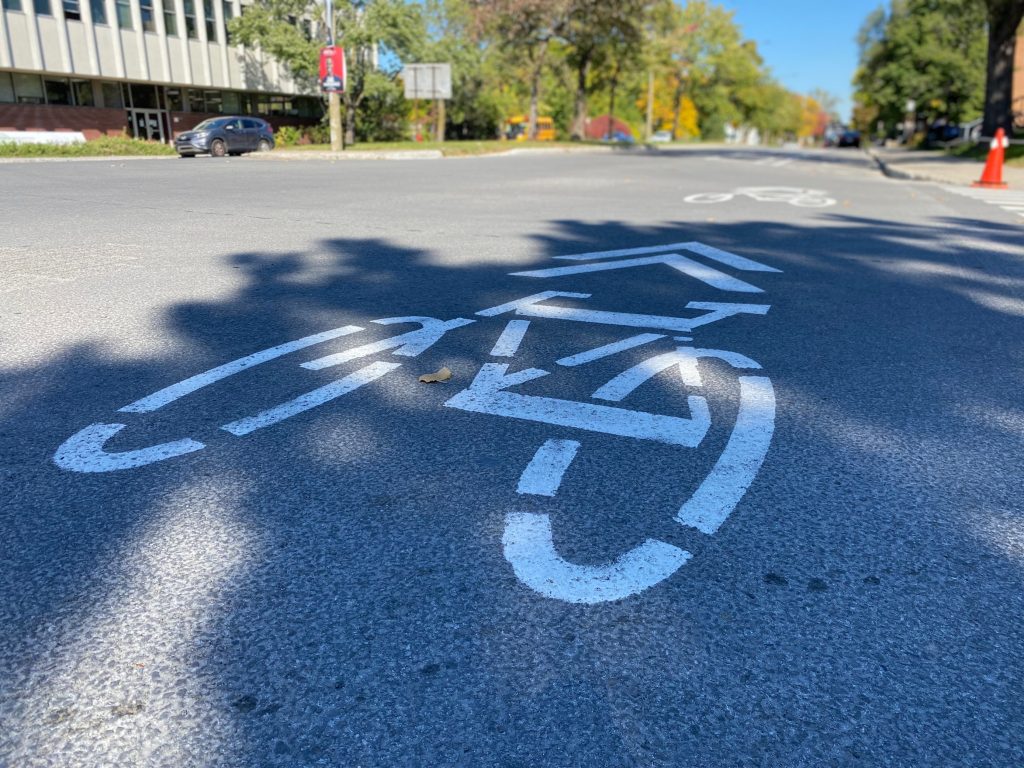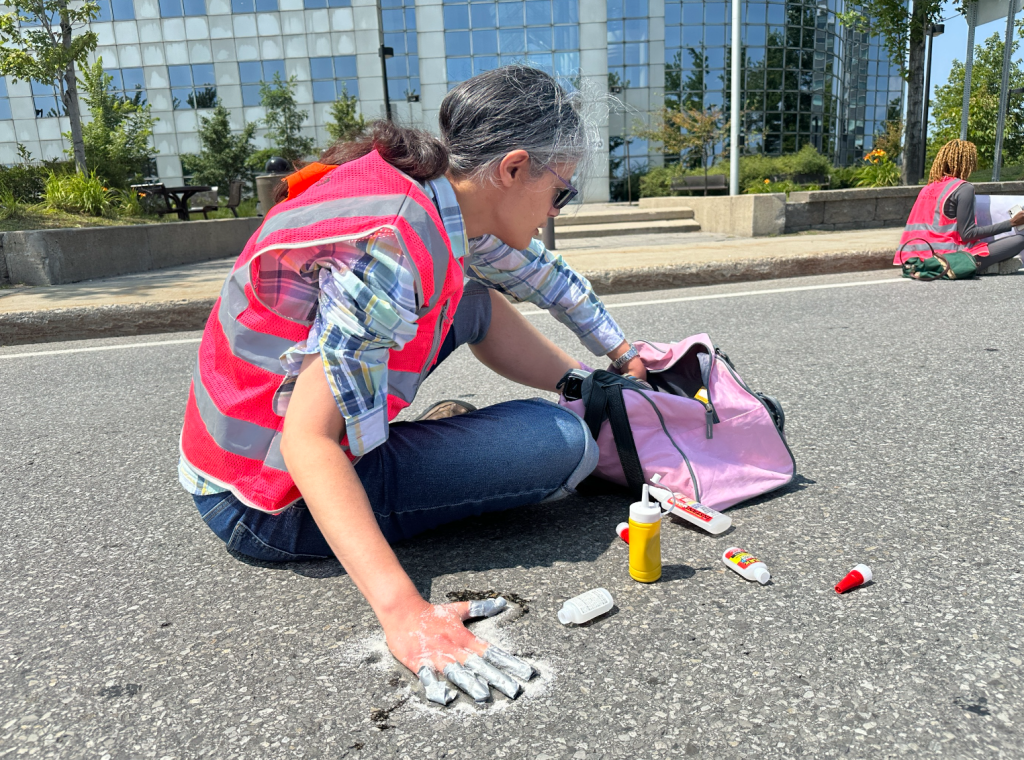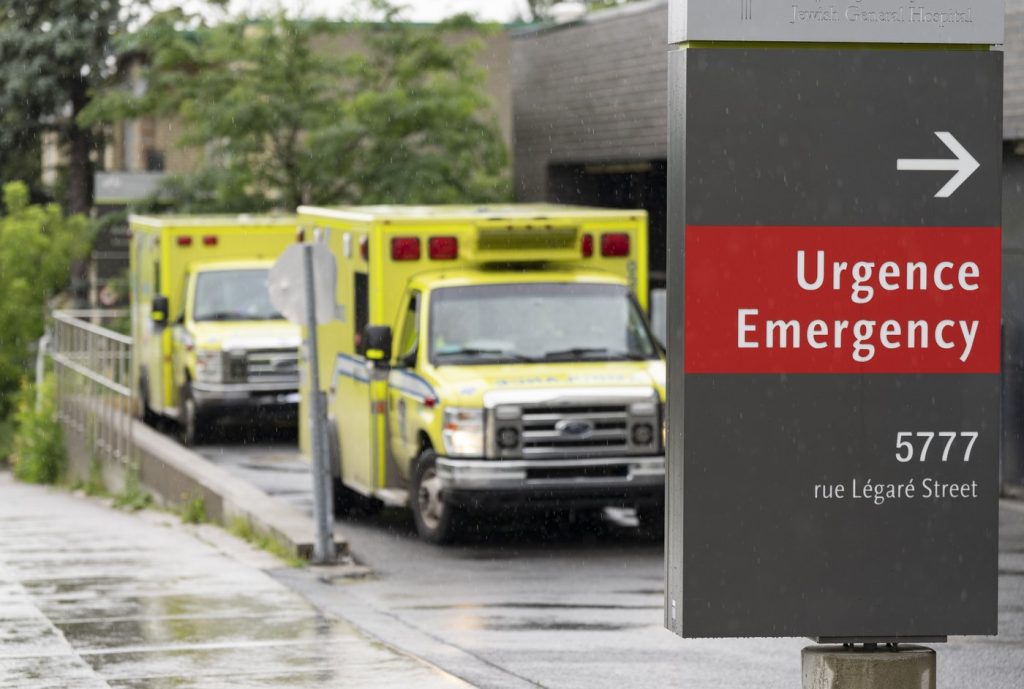‘Unfortunately fitting’: Montreal hosts global climate adaptation conference amid unseasonable heat
Posted October 3, 2023 2:32 pm.
Last Updated October 3, 2023 6:35 pm.
This year Montreal saw many extreme climate events: deep freezes, an ice storm, tornado warnings, torrential rain, flooding, forest fires up north, and extreme heat. The first week of October is bringing more heat to the city with temperatures of up to 32 degrees with the humidex.
‘It’s unfortunately fitting to have a conference on adaptation to climate change on a day that’s going to break temperature record,” says Alain Bourque, Executive Director of Ouranos.
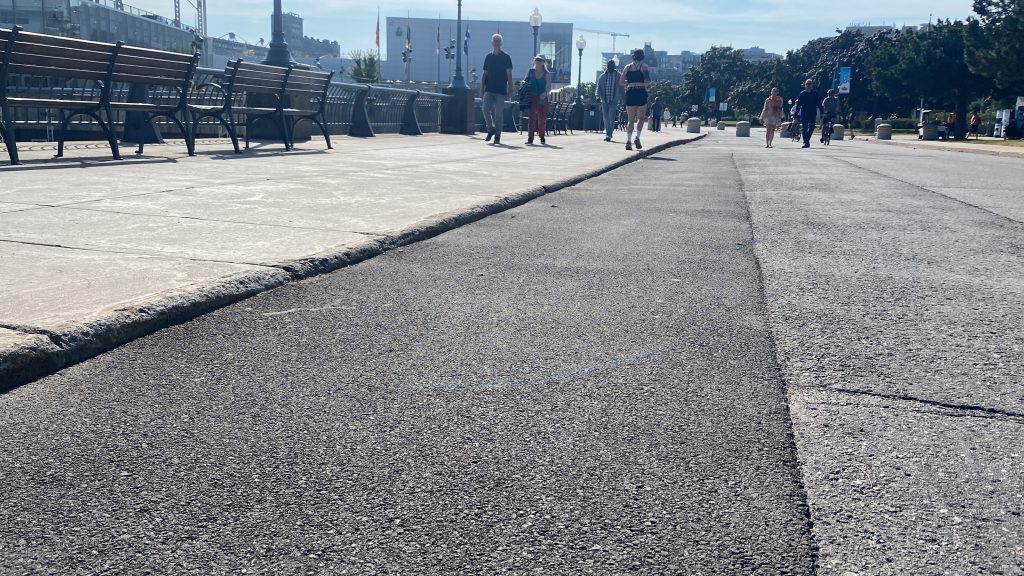
(Alyssia Rubertucci/CityNews Image)
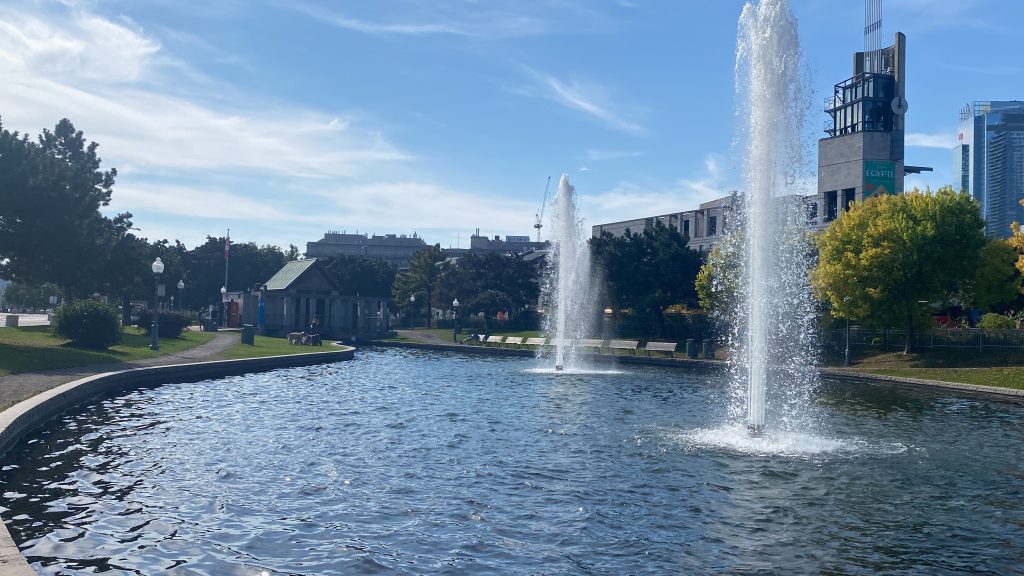
(Alyssia Rubertucci/CityNews Image)
This is all happening as the city is hosting the largest global conference on adaptation to climate change. Over 1,500 global experts in climate change adaptation, along with politicians and citizens, are at the Palais des congrès this week for the seventh edition of the Adaptation Futures conference.
Ouranos is organizing the event, in partnership with the Government of Canada and the United Nations’ World Science Program on Adaptation (WASP).
“It clearly illustrates that climate change is well installed,” said Bourque, who is also co-chair of the conference. “There’s representatives here from 120 countries and they all came with the same message: they see freaky weather, they see warm weather, extreme droughts, flooding, so I guess it’s fitting that Montreal is also living through a warm period.”

Alain Bourque, Executive Director of Ouranos. (Alyssia Rubertucci/CityNews Image)
Climate change is top of mind for participants in the conference saying the recent extreme weather events have been pre-occupying.
“Even just from growing up, as a child in back in my community and noticing the changes in the ice, like a lot of our traditions have our changing too,” said Tekaherha Logan Lazore of Mohawk council of Awkwesasne. “It is frightening for the older generations and the younger generation just because we don’t know what’s how this is going to impact our cultural ways, our traditions.”
Some say the issue needs to be tackled head-on.
“I personally think this is an ongoing process which requires multi-stakeholder cooperation, both local and international level,” said Martin Munashe Chari of the University of Fort Hare in South Africa.
Investments by City of Montreal, Quebec government
Over the next two years, the City of Montreal says it plans to construct almost 30 parks and 400 “sponge” pavements to make them more resistant to heavy rainfall.
READ MORE: Montreal to create more parks and “sponge” sidewalks to withstand the rain
“I’m very proud that we were the first to install them in the Plateau-Mont-Royal and then in the Rosemont, then they started to be everywhere, but we need to continue that,” said Montreal Mayor Valérie Plante. “And now with the sponge parks, it also brings another element like, how do we make sure that when we do new parks they are in areas that are strategic, we create those sponge parks to support.”
“It doesn’t solve everything, but it supports how we adapt the territory,” she added.
“It’s a good way to try to better manage water, rainfall is becoming more frequent, more intense,” said Bourque.
The Quebec government will grant nearly $11 million to support 15 projects in nine French-speaking countries vulnerable to climate change.
Climate conference: Québec grants $11 million for 15 projects in 9 countries
“We just confirmed a $10 million country contribution for the Adaptation Fund,” said Quebec Environment Minister Benoit Charette. “It’s not our first contribution, we’re at almost $33 million now.”
“It’s a way for Quebec to contribute to this challenge,” he added. “It’s a role that we wanted to play on the international level.”
Conference aims to compare solutions
Over the next few days, the conference looks to evaluate the landscape of adaptation challenges and opportunities.
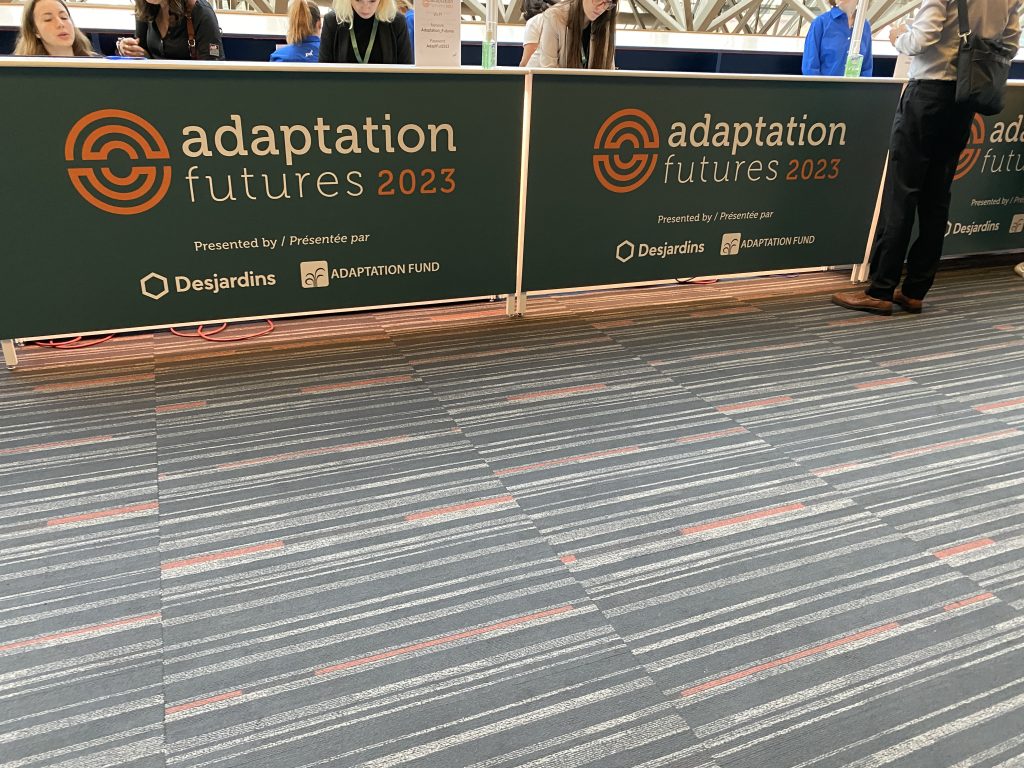
Adaptation Futures 2023 conference, the largest global conference on adaptation to climate change, is being held in Montreal this week. (Alyssia Rubertucci/CityNews Image)
They will look at best adaptation practices to climate change, but will also discuss the point of no return, when adaptation is no longer possible.
“We have to accept that there are just some things that we cannot adapt to, and so there are limits to adaptation,” said Anne Hamill, Associate Vice-President, Resilience, International Institute for Sustainable Development (IISD). “There are communities around the world, ecosystems around the world that are already dealing with irreversible impacts of climate change and so that’s part of the reality that we need to deal with.”
The experts say there is a lot we can do to avoid these irreversible impacts, which will be discussed at the conference.
“We can exchange with colleagues all over the world and compare solutions on how to deal in an optimal way with with those impacts of climate change,” said Bourque.
